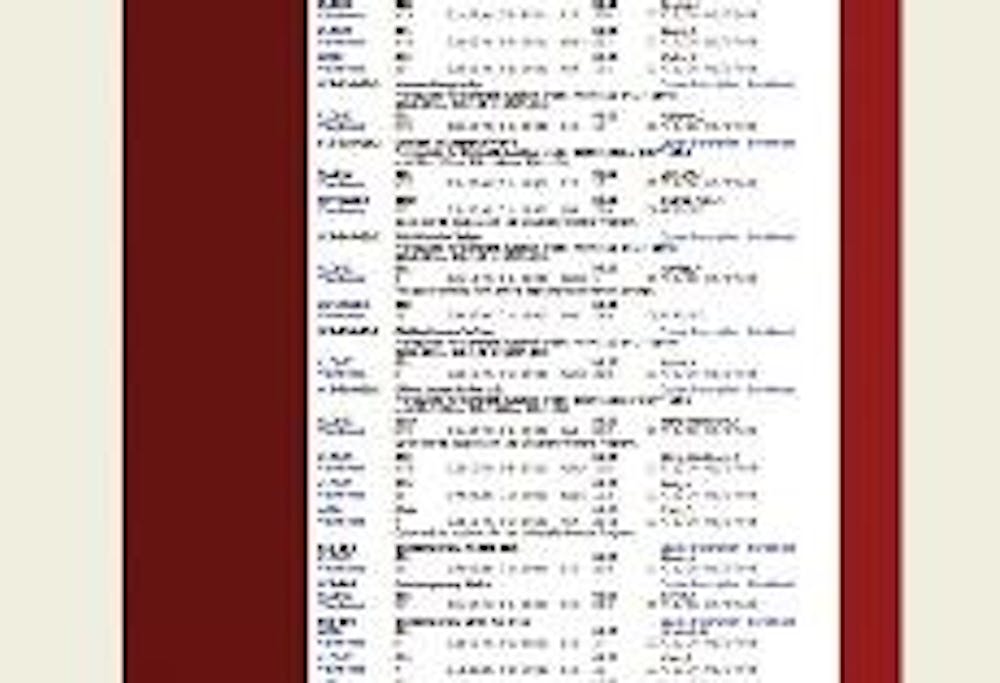AU registration guidelines state that students can register according to their total completed credit hours, but some attempt to bypass the system by having other students with more completed credit hours hold a spot for them in a course.
Some students said they were not aware of the practice, while others said they have friends who do it often.
Akeke Coffey, a freshman at the School of International Service, said this practice happens a lot among her friends.
"I know a few seniors who do it," she said. "So, basically they'll have like two computers ... one person will drop and the other person will add. They just use their laptops. I've never done it, but I know two friends who do it - I think it's selfish."
Coffey said she learned about the practice when registration started last semester.
Jai Rogala, a senior in SIS, said she had not heard of the practice.
"I would never have thought of that," she said. "I'd consider myself lucky if a friend could hold a spot for me, but at the same token, it would be upsetting if it was the other way around."
Mike Becker, a senior in the College of Arts and Sciences, said although a student in one of his classes last semester offered to hold a spot for students who were looking to get into a particular course, he never made the connection.
"I don't think it's fair because I'm a transfer student, and as a transfer student you have to be so diligent to get into classes," he said.
Brian Pollak, a sophomore in the Kogod School of Business, said he hadn't heard of students holding classes for their friends.
"I'll consider asking my senior friends for help next semester," he said. "Seriously, of course it's not fair because everyone is paying so much to go here, and when you get closed out of a class, you can't take the class you want. Out of principle, people should not do this."
Kay Mussell, dean of CAS, said she had not heard of the practice, but added that it could be unfair. However, holding a spot in a class is not against the rules, she said.
"I want to discourage it, but we can't really stop it," Mussell said.
She said she prefers to respond to the issue by addressing student needs and school responsiveness to the problem.
"It's a larger issue, and we can't respond on an individual basis," Mussell said.
Several years ago, CAS ran into a similar problem when a large number of students could not get into a college writing class a week before classes were to resume, Mussell said.
She handled the problem by signing up to teach the course herself to approximately 17 students that semester. If students can't get into a class, they should talk to their advisers and departments about possibly adding more sections, according to Mussell.
"There are lots of ways we as a university can address these issues if we hear about it," she said. "I hope students will work with us on it"





